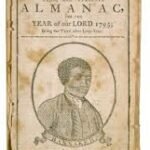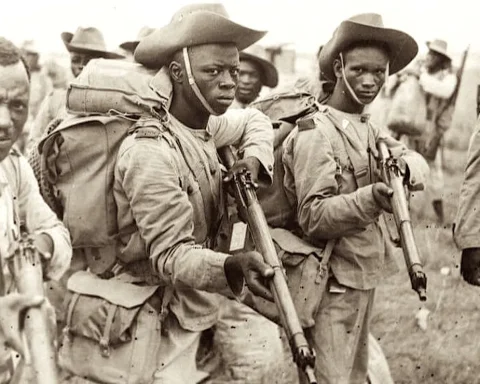In the United States, the history of crime deprivation opens a massive gap in the theory that electoral law protects the American political system rather than seeking ways to weaken the black.
Laws banning convictions have had a severe impact on the number of African Americans who considered to vote – not because African Americans are more likely to commit crimes, but because they are more likely to be arrested.
The black community is worried about getting rid of the crime because the judicial system has kept black people in prisons extremely high. Brent Staples’ New York Times article plunged into the issue, highlighting racism that deprived him of his freedom.
A closer look at the origin of the law may be even more worrying for African Americans.
Staples noted that almost six million convicts did not vote in the last mid-term election today.
The same laws prevent one in ten US residents from participating in surveys.
According to the New York Times, it is four times the number of non-black citizens who have denied voting rights.
According to a study by Angela Behrens, Christopher Uggen and Jeff Manza in 2003, the prohibition of serious crimes doubled between the late 1960s and the early 1980s.
At the same time, the Fifteenth Amendment gave blacks the right to vote.
In the 1990s, white supremacists revealed why they applied the law to deprive most criminals of the right to vote.
According to the New York Times, South Carolina once insisted that white people would lose their political power unless the voting law were changed.
Less than a decade later, the state of Alabama amended its constitution to include the concept of “moral agility” as a factor that could abolish its right to vote.
Unclear terminology means that it is not possible to control precisely how these voting rights should removed but also that individual legal acts will also be at the origin of the withdrawal of voting rights.
This change will target black citizens. Still, the President of the Constituent Assembly insists that it is in the best interest of the country because blacks seen as inferior to whites.
Many states with large black populations continue to enact these laws, while countries with mostly white people do not consider it necessary.
These states fight for the rights of offenders, which means that most of these states are white.
While other states have used moral corruption to deprive African Americans of their voting rights, these states believe that even killers should have the right to speak out in political elections.
Maine authorities refused to punish offenders by removing them from their voting rights, even though the families of the murder victims said they were right.
Families of convicted murderers who lost their loved ones said that if their loved ones were deprived of their right to vote, their murderers should suffer the same fate as well.
Staples said employee claims have not changed at his request.
The Bangor Daily editorial said: “The cancellation of the rights of certain detainees to exercise their legal responsibilities as voters in a civilized society will destroy that civilized society.”
According to the New York Times, a former US police officer and police chief added: “Revoking a prisoner’s voting rights will deprive people of their dignity and make rehabilitation difficult.”
These concerns do not appear to affect states with a high number of black residents.
To date, many states deprived of their liberty still have the largest percentage of blacks who cannot vote.
In Alabama, more than 7% of state citizens are not eligible to vote under the voting laws. For blacks in Alabama, 15% can’t vote.
At the same time, countless efforts to reform disenfranchisement law remain deaf in the states where most black people live.









